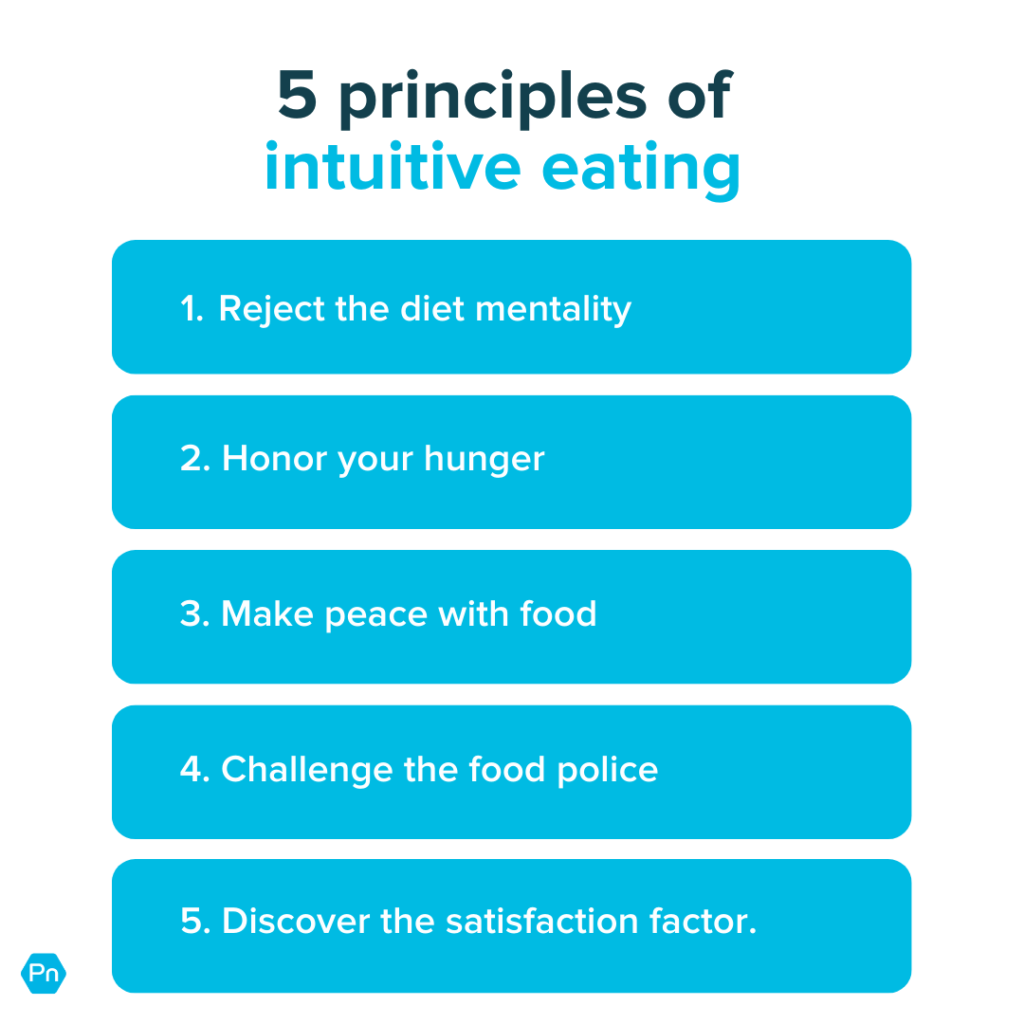In today’s fast-paced world, where we’re bombarded with advertisements for quick-fix diets and weight loss solutions, it’s easy to overlook the simple yet profound practice of mindful eating. Mindful eating is not just about what you eat; it’s about how you eat and the relationship you cultivate with food. This practice can be a game-changer on your weight loss journey, offering a sustainable and holistic approach to achieving your goals.
Understanding Mindful Eating

Mindful eating is a practice rooted in mindfulness, a concept derived from Buddhist teachings that emphasizes being fully present and aware of the present moment without judgment. When applied to eating, mindful eating involves paying attention to the sensory experiences associated with food: its taste, smell, texture, and even the sound it makes while you eat it. It’s about savoring each bite and being in tune with your body’s hunger and fullness cues.
The Benefits for Weight Loss
- Awareness of Hunger and Fullness: Mindful eating helps you recognize when you’re truly hungry and when you’re comfortably full. This awareness prevents overeating and emotional eating, both of which can lead to weight gain.
- Slower Eating: Eating mindfully naturally encourages a slower eating pace. This gives your brain more time to process the signals from your stomach, allowing you to recognize fullness before overeating.
- Enjoyment of Food: When you savor each bite, you derive more pleasure from your meals. This can lead to feelings of satisfaction with smaller portions, reducing the urge to keep eating beyond what your body needs.
- Reduction of Emotional Eating: Mindful eating helps you distinguish between physical hunger and emotional hunger. Instead of turning to food as a coping mechanism, you become more attuned to your emotions and find healthier ways to address them.
- Decreased Cravings: Mindful eating can help you better understand your cravings. By mindfully exploring the textures, flavors, and aromas of your food, you may find that the intensity of your cravings diminishes.

Practical Tips for Mindful Eating
- Create a Peaceful Eating Environment: Choose a calm, clutter-free space to enjoy your meals. Turn off distractions such as TV and smartphones to focus solely on eating.
- Engage Your Senses: Before taking a bite, observe the colors, shapes, and textures of your food. Inhale its aroma. Take a moment to appreciate the visual and olfactory aspects of your meal.
- Chew Thoroughly: Take smaller bites and chew your food slowly. This not only aids digestion but also allows you to experience the flavors and textures more fully.
- Put Down Your Utensils: Set down your fork or spoon between bites. This simple act encourages you to eat at a more moderate pace and enhances your awareness of each mouthful.
- Check in with Your Body: Pause periodically during your meal to assess your hunger level. Rate your hunger on a scale from 1 to 10, helping you to decide whether to continue eating or stop.
- Practice Gratitude: Take a moment to express gratitude for the nourishment your food provides. This positive mindset can foster a healthier relationship with food.
Mindful eating isn’t a crash diet or a temporary fix. It’s a lifelong practice that promotes a healthy relationship with food, leading to sustainable weight loss and improved overall well-being. By tuning into your body’s cues and savoring each moment of your meals, you can achieve your weight loss goals while cultivating a deeper connection with the nourishment that sustains you. Remember, mindful eating isn’t just about what’s on your plate; it’s about embracing a mindful lifestyle that extends to all aspects of your life.
